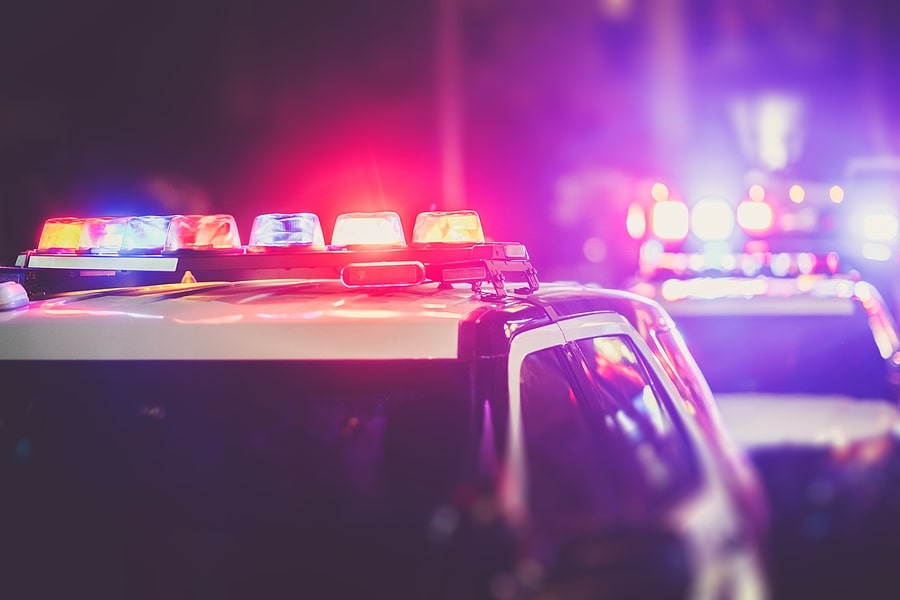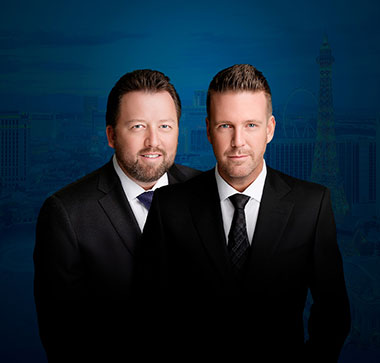Last month, on December 28, the Nevada Supreme Court ruled on the case between McCord v The State of Nevada, a case which revolved around police searches during traffic stops. In March 2021, the Reno Police Department pulled over David McCord, a suspected drug dealer, for a dealership-issued license plate which obscured “Nevada”. However, during the traffic stop, police search and seized 187 grams of methamphetamine, and according to court documents, an informant had notified the Regional Narcotics Unit of the possibility of McCord traveling through Reno with methamphetamine in his possession. This suggests that officers decided to perform a pre-textual traffic stop as a way to engage McCord, which is a lawful practice.
Pre-textual traffic stops are legal when the person is violating a traffic law, as this gives an officer basis for pulling them over. However, in this case there seemed to be no observed “moving violation”, and thus the focus was shifted on the vehicle’s plates and plate frame. After being pulled over, McCord was questioned by officers who then asked for permission to search his vehicle. After his refusal, officers then deployed a drug detection canine, which alerted them of the drugs in the vehicle. McCord’s lawyers argue that this evidence should be suppressed as the evidence was seized during an unlawful traffic stop. This motion was denied in Washoe County district court. [1]
On appeal to the Nevada Supreme Court, the court ruled that the district court had erred by denying McCord’s motion to suppress evidence, as the officer lacked probable cause to justify the traffic stop leading to McCord’s eventual arrest. The court also noted that the state statute regarding license plate displays, NRS 482.275, states that it should be “…clearly visible and must be maintained free from foreign materials and in a condition to be clearly legible.” [2] The dealership issued license plate frame was not in violation of this, and the court’s decision suggested that a ruling on their end would simply imply a ban of commonly used license plate frames and “promote subjective law enforcement”. Instead, they deferred such discussion to Nevada legislative bodies rather than the courts [3].
The Bigger Picture
Katelyn Cantu, the Washoe County Public Defender who represented McCord in the original case discussed the importance of the ruling in Nevada’s Supreme Court. She states that the use of traffic stops as a method to investigate suspected drug activity creates an issue of the law being utilized in a subjective manner. If an officer truly has reasonable suspicion or probable cause to suspect drug activity, they can temporarily detain the suspect without utilizing a traffic violation.
This topic isn’t new, and Nevada state legislature has spent recent years trying to better define the powers officers have during traffic stops. This comes on the heels of a study conducted by UNLV and Fines and Fees Justice Center of Nevada in 2020 which showed that Black, Hispanic, and those living in poorer areas were more likely to be stopped for minor traffic violations in Las Vegas. [4] Last year, Nevada passed a law which decriminalized certain minor traffic violations to bridge the inequity in the enforcement of these non-dangerous violations.
Surprising Parking Ticket Distribution by City
When discussing the distribution of parking tickets by city in Nevada, one may assume that Las Vegas or Reno, the two most populated cities in the state, are the leading violators. Data concerning traffic infractions (minor civil traffic offenses, excluding criminal traffic misdemeanors or felonies) usually mirror the population of a city. However, public records released in 2024 suggest this is not the case when it comes to parking tickets – here are the leading locales of parking cases per capita:
- Virginia City: 100 cases per 1000 people
- Incline Village: 7cases per 1000 people
- Carson City: 8 cases per 1000 people
- Henderson: 8 cases per 1000 people
- Las Vegas: 6 cases per 1000 people
- Reno/ Sparks: 1 case per 1000 people [4]
While this may seem shocking, it really boils down to supply and demand. Being smaller cities, both Virginia City and Incline Village do not have the parking capacity for all the tourists that often flock to the area—especially in the summer. Thus, many tourists resort to creating their own parking spots when legal spots fill up, and thus increase the overall number of parking infractions in the area.
[2] https://law.justia.com/codes/nevada/2022/chapter-482/statute-482-275/
[3] https://law.justia.com/cases/nevada/supreme-court/2023/85271.html


